Is Alcohol Actually Good For Our Health?
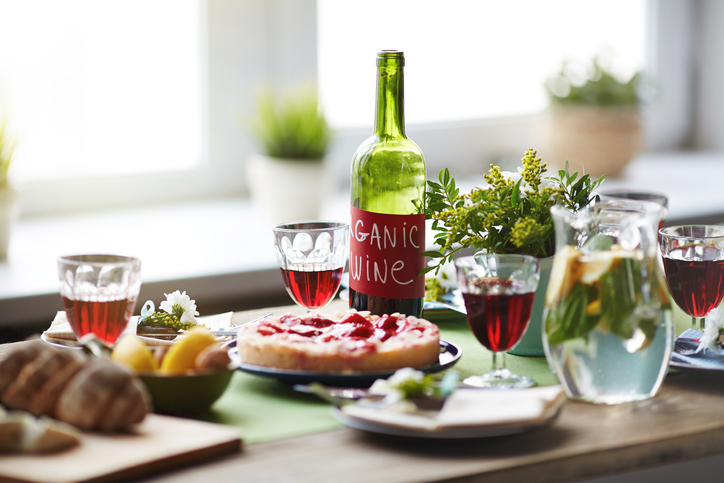
Alcohol is considered relatively taboo in the natural health world. There is an immense amount of pressure – both within the field and externally – for us to only enjoy sipping on green juice, kombucha, coconut water, smoothies or an herbal concoction, instead of toasting with a glass of organic wine or sipping tequila. I avoided alcohol for several years while healing from Crohn’s and for several years after my symptoms were gone.
By the time I finished nutrition school, I was sure alcohol was a never ever in my life. In fact, when I was dating people outside the health field, I almost felt like it was part of my job not to drink – to prove some point, or something.
Then one evening, I decided to have a glass of organic wine. It was delicious. And from then on, a glass of organic wine or a homemade cocktail remains a delightful indulgence once in a while. I don’t, however, subscribe to the idea that I am healthier because of the wine I drink. I do believe that what’s good for our spirit, can often times be good for our health, but alcohol is a bit of a grey area in that regard. Let’s just say that I am not having a glass a wine a week, under the guise of needing the boost of resveratrol for my heart health.
The question, however, remains: is drinking alcohol good for you? Can alcohol be considered part of a healthy diet? And what role does the quality of the alcohol play in this?
The Down low on Conventional Wine + Spirits
As with most things we consume, and maybe all things in life, quality counts. There is a substantial difference in terms of what’s found in conventional versus organic, biodynamic and natural alcohol options.
Conventional wines may contain grapes grown with pesticides, fungicides, insecticides or herbicides. Many wine makers will say that fine wines don’t use any of these chemicals as they would affect the quality of the finished product, but without certifications, there is no way to know for sure. Conventional alcohol and spirits can contain artificial colours and sulphur dioxide as a preservative. They may also contain synthetic chemicals that are used for cleaning the wine-making equipment. Some of the more common undesirable ingredients found in conventional alcohol includes:
- Sugar and corn syrup: to make it taste just so.
- Gums: Used to thicken and control the mouthfeel of a wine.
- Flavourings: Those ‘notes’ you’re tasting may very well just be added flavour. Back in the day wine was stored in oak barrels, but this is not the exclusive practice anymore. Some winemakers will add oak chips, or flavouring powders to evenly distribute those notes like pepper, grapefruit, leather, ash and the other weird things listed on fancy menus.
- Calcium carbonate: used to reduce acidity.
- Sulfur dioxide (sulfites): used as a preservative.
- Potassium sorbate & Potassium metabisulfite: used as preservatives.
- Grape juice concentrate: What? Yes! They sometimes go by the name Mega Purple or Ultra Red – these thick concentrates derived from Teinturer grapes add that extra, grapiness to wines.
- Fining agents: These are the elements added to wine to remove suspended solids. Sounds basic enough, but what are they? Some of the most common fining agents include skim milk, egg white, fish bladders, and the always delicious polyvinylpolypyrrolidone (PVPP), a synthetic polymer used to reduce the level of phenolic compounds associated with browning and astringency in white wine.
There is a vegan pub around the corner from my office that declares its alcohol is morally superior because it doesn’t contain any animal-derived byproducts. That’s only one factor. The host of other chemicals and preservatives that are used in the growing and fermenting of wine and spirits shouldn’t be ignored.
Organic Wine and Spirits
Organic alcohol is tricky to come by depending on where you live. Here in Ontario, where I live, it’s easier to get your hands on cannabis than it is organic spirits. You can usually find a few organic wine options, and a smaller handful of biodynamic options. Natural wines, the cleanest of the lot, are tough to discern. A few years ago, we could find an organic tequila or mezcal, and maybe an organic vodka, but all have since been discontinued. It is virtually impossible to find organic spirits in an Ontario liquor store.
What Does Organic Mean When It Comes To Alcohol?
Here in Canada, any product labeled ‘organic’ must comply with the Canadian Food Inspection Agency’s organic standards. Products can only use the Canada Organic label if more than 95% of the ingredients are organic. For foods with 70-95% organic ingredients, labels must say ‘Contains X% organic ingredients’. For foods that are less than 70% organic, companies can only list what is organic in the ingredient list and cannot make any organic claims on the packaging.
Organic wine must be made using organic grapes that have not been grown with pesticides, fungicides, insecticides or herbicides. It doesn’t have GMOs or artificial colours, and has either minimal or no sulphur dioxide.
In the United States, organic alcohol has to comply with both the USDA organic regulations and the Alcohol and Tobacco Tax and Trade Bureau (TTB) rules. On US wine, you’ll see one of the following:
- Organic: all ingredients used (grapes, yeast, etc.) must be organic, and no added sulphites are allowed
- Made with Organic Grapes: This has to be made with organic grapes, but other ingredients might not be, and sulphites are allowed up to 100ppm
What Does Biodynamic Mean:
Biodynamic wine will take it one step further and follow the practices of biodynamic farming, which views the entire farm as a symbiotic organism where the soil, plants and animals work in harmony and must be treated as a self-contained, single system.
Each province or territory may have additional certifications or labels in addition to the Canada Organic requirements for wine and spirits.
It’s possible that some wineries or distilleries follow organic practices but aren’t certified organic due to cost and paperwork, and this is where asking questions of your farmers comes into play.
Are There Health Benefits TO Drinking Alcohol
The alcohol-health question is a popular one and the research results vary. People love the studies that tout the benefits of wine. These make headline news and are shared and referenced with glee. The old Yay! I can keep drinking my wine and it’s good for me rhetoric.
There are studies that link moderate alcohol consumption to longevity and that it may reduce your risk of certain cardiovascular diseases, while other studies show it can boost your risk of fatty liver disease, cancer and obesity. For many acute and chronic diseases, the term ‘moderation’ comes up a lot with alcohol consumption in the studies, where a little bit of alcohol may be healthful while a lot of it will be inevitably detrimental. However, a recent meta-analysis of hundreds of studies about alcohol and health concluded that no amount of alcohol is safe or healthy.
I don’t like the attitude of ‘everything in moderation’. This isn’t a paradigm that actually works for most of us, but instead gives us the permission to ignore our knowledge and consume the things we know – or have been proven to – detract from our health.
One Important Question: Do We Need It?
The real question we need to be asking ourselves is why we are drinking alcohol and what purpose it serves in our lives. It is a common refrain around the holiday season that it’s the booze that gets people through the family time, or that you don’t want to be the one not drinking at the dinner party or bar. But why not? If we really need to drink to have a good time, or wind down, or get through, whatever we need to get through, it’s our life that may need some examining.
Are we drinking it out of joy and celebration, or are we sipping alcohol to mask our insecurities, numb our stress, release our inhibitions, escape our unhappiness, lull ourselves to sleep, or any other number of reasons? Is it a tool of avoidance? As with other substances such as sugar, CBD oil or coffee, the reasons why we use these things matters. If you can’t function without a cup of coffee first thing in the morning, it’s probably not a health food for you. The same thing goes for alcohol.
When I desire a glass of wine, it’s typically in the spirit of celebration and it’s rarely, if ever, more than one glass. Some may call me a “light weight” but the reality is that I’m a pretty big fan of the here and now, and prefer not to be taken away from it.
A Fun Way TO Spike That Drink
Most of what I drink on a daily basis is plain water, and depending on the season or my mood I add in beverages such as green juice, kombucha, coconut or water kefir, herbal tea, bone broth or veggie broth, elixirs and the like.
While I do enjoy a glass of biodynamic wine on rare and special occasions, the way I use alcohol the most is in tinctures! Organic alcohol, such as organic vodka, pulls all of the medicinal constituents from herbs, fruits and spices to make an incredibly potent tincture. You can learn all about how to make tinctures here.
These tinctures, like an elderberry infused vodka, or a ginger infused rum can serve a few purposes. It can have an actual medicinal benefit from the infusion, can add nice flavour to cooking, and can be a creative way to make your own flavoured spirits, if you do consume alcohol, and ensure the quality of the ingredients.
That being said, you can also just as easily, and just as healthfully not drink at all. As with many habits we break for better health, the question of the why come back to us. Just as we ask if we really need that coffee, that sugared treat, that gluten-containing pastry, or even that brand new pair of shoes, we can ask if our drink choices are enhancing our wellbeing and our overall happiness, or pulling us further from it. And it’s okay if your answer changes from time to time, as long as the question is approached with as much honesty as we can bring to the conversation.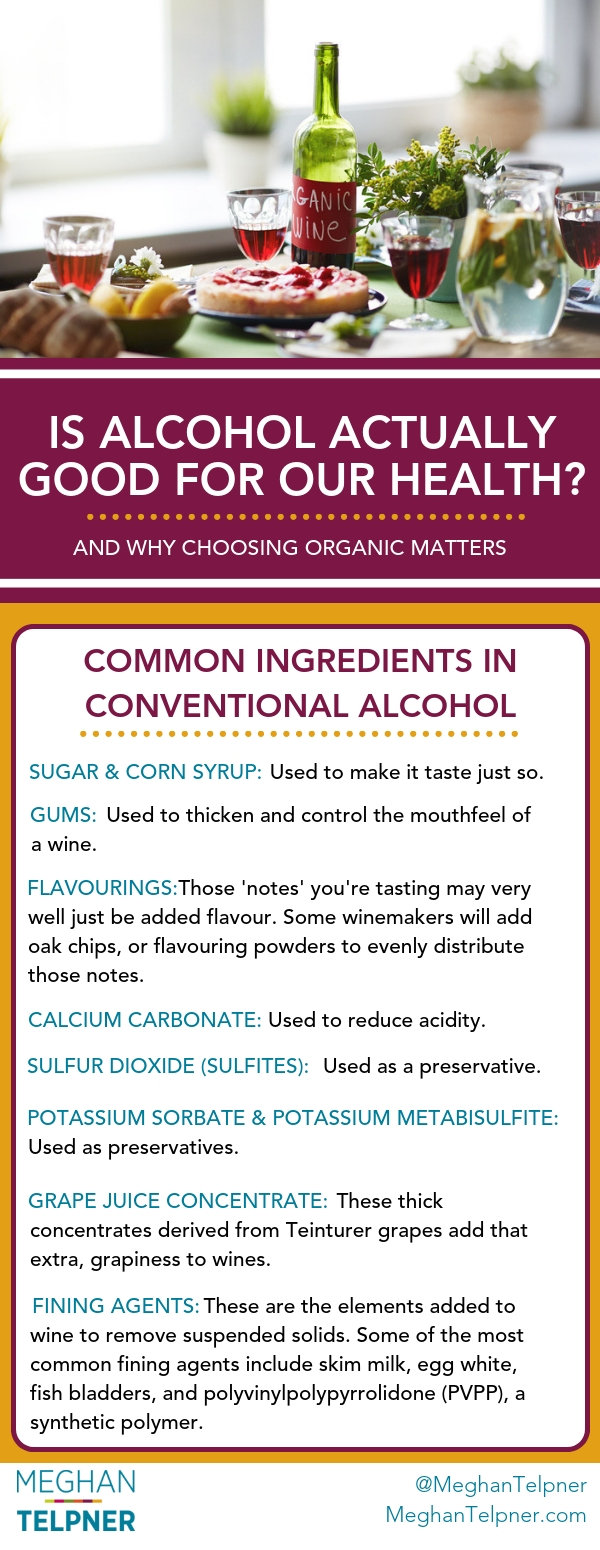
Free Resource Library
Enjoy more than 40 downloadable guides, recipes, and resources.

















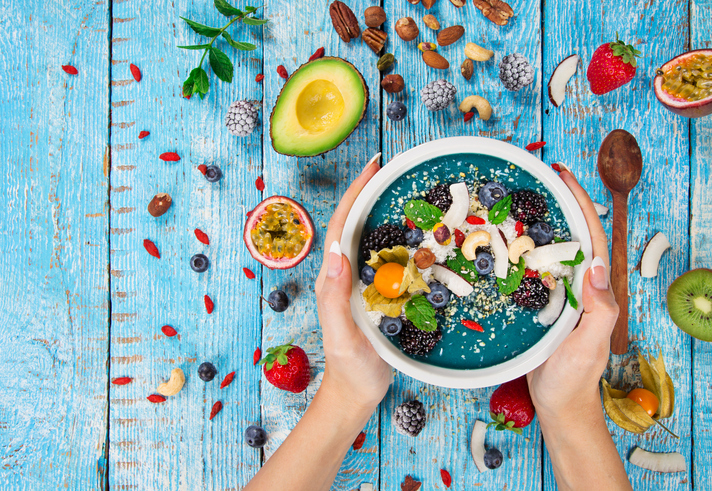
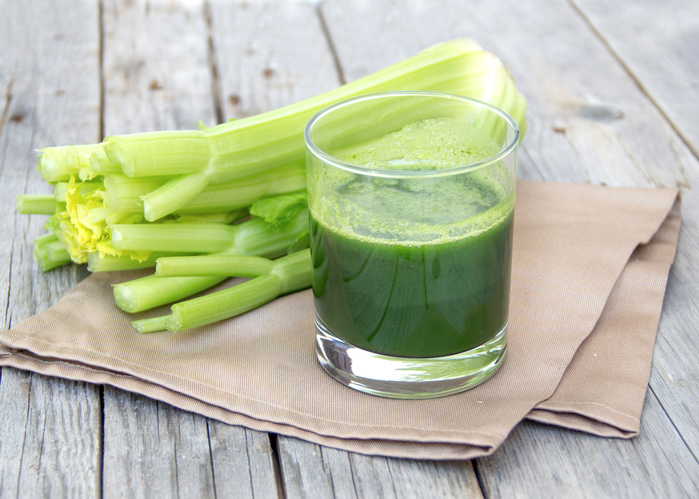


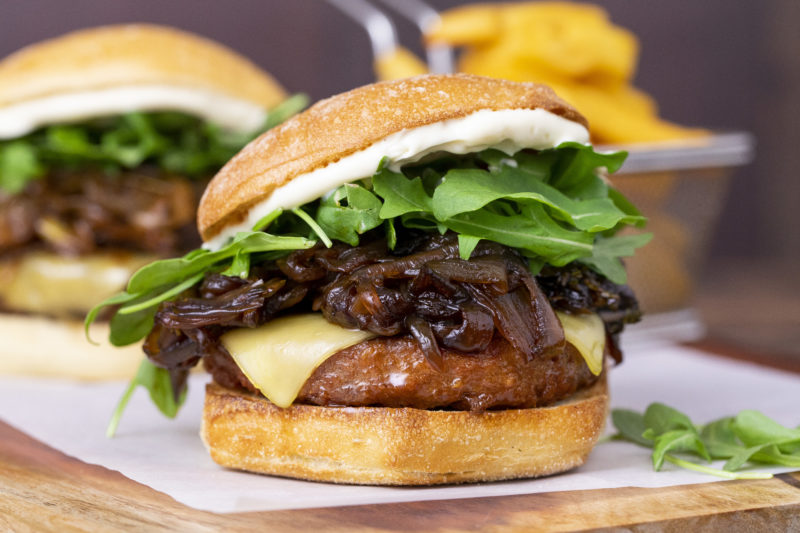
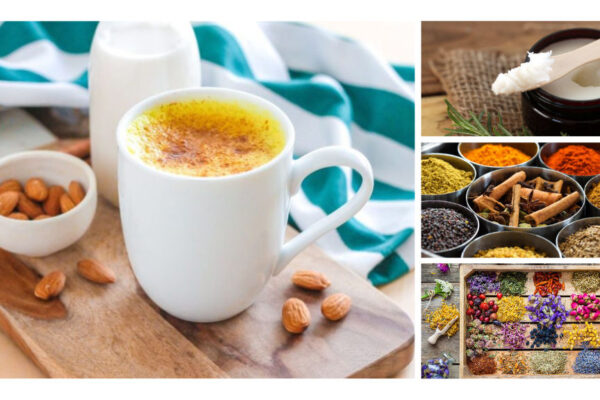

“Are we drinking it out of joy and celebration, or are we sipping alcohol to mask our insecurities, numb our stress, release our inhibitions, escape our unhappiness, lull ourselves to sleep, or any other number of reasons?” <- this is my problem for sure. Yes, I LOVE the taste of wine, and do drink it because it's truly a lovely experience to share with friends….BUT most of the time I'm drinking it because I need to de-stress, unwind, or numb out. And I don't even have a "problem" in the sense that I don't have multiple drinks per day. It's just become a real habit in my life that I need to examine and shift!
Glad I’m not the only one. I thought at one point I heard red wine does something to help gut bacteria which I definitely need after so many years on antibiotics. Still, it is occasional for me. It’s Thanksgiving week in the USA and this article’s timing is rough. There is a lot of rhetoric that it is ok to overindulge and even expected because “tis the season.” I do drink a cup of coffee almost daily and sometimes with Bailey’s Irish cream. Bad? Yes. Thanks to Meghan for reminding me there are delicious alternatives to be sought and shared with others (though my mom’s homemade eggnog is tough to beat).
Love this!
“Why am I drinking this?” Just like “why am I eating this?” Just like “why am I buying this?” Just like “why am I screaming now?” Just like “why am I crying now?” If you got the answer right from your heart… then do it!!!